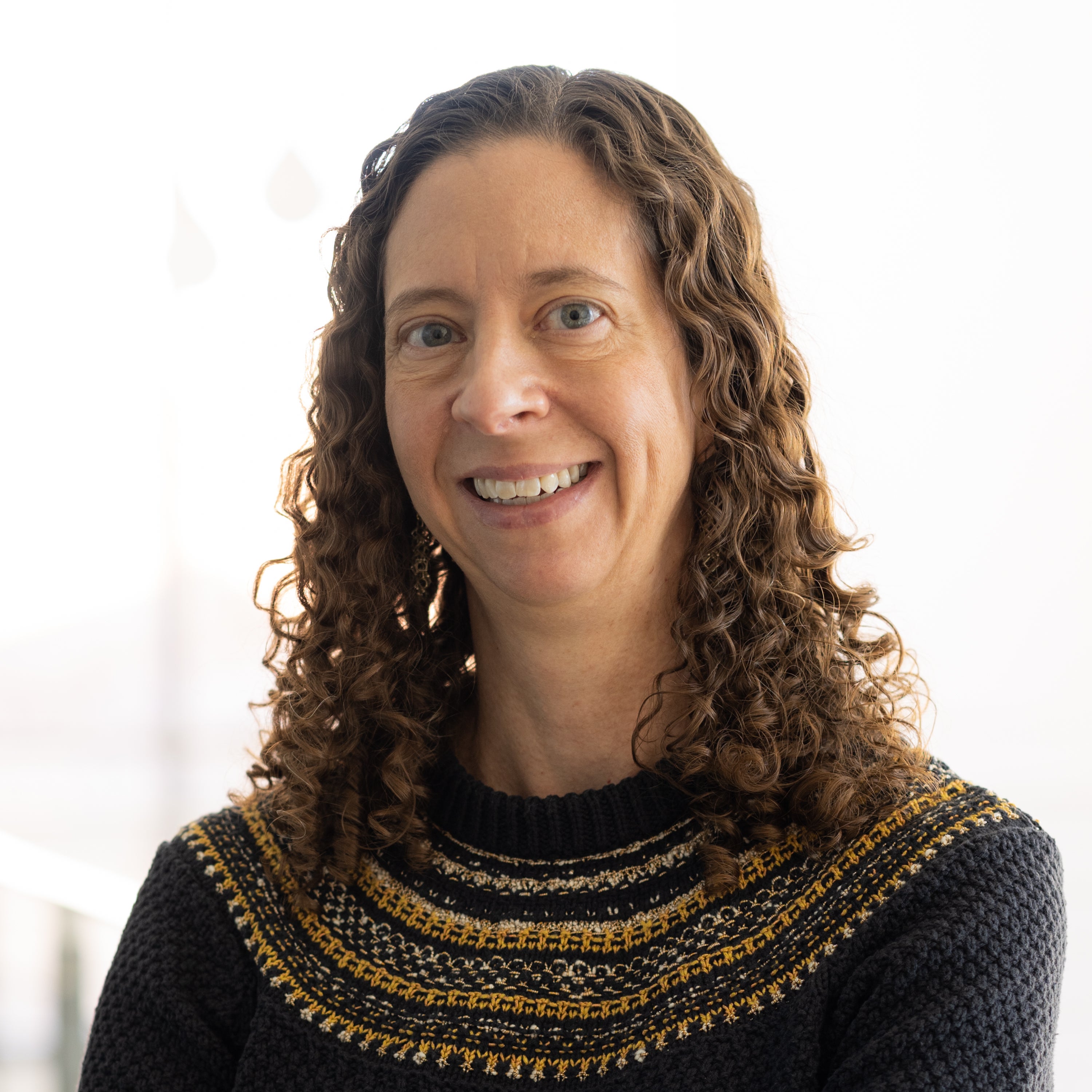Lauren I. R. Ehrlich
- Professor
- L. Leon Campbell, Ph.D. Distinguished Professorship in Microbiology
- Professor of Molecular Biosciences
- Professor of Internal Medicine, Division of Oncology, Dell Medical School (courtesy appointment)
- Molecular Biosciences
- Interdisciplinary Life Sciences Graduate Programs

Contact Information
Biography
Lauren Ehrlich is the L. Leon Campbell, Ph.D. Distinguished Professor in Microbiology and a Professor in the Department of Molecular Biosciences at the University of Texas at Austin. Lauren earned her B.S. in Biology from Yale University, where she worked in Adrian Hayday's lab, studying gamma-delta T cell development and selection. This work piqued her interest in the complexity of cell fate decisions in the thymus. She then obtained her PhD in Immunology from Stanford University in Mark Davis’ lab, where she investigated the dynamic spatio-temporal recruitment of signaling molecules to the immunological synapse of mature T cells and developing thymocytes. After a postdoctoral fellowship with Lewis Lanier at UCSF studying the role of NKG2D in activation of CD8+ T cells, Lauren returned to Stanford University as a postdoctoral fellow in Irv Weissman’s lab, where she pursued her interest in T cell development, establishing a 2-photon imaging system to study the cues that guide developing T cells through different microenvironments within the thymus to ensure their proper differentiation. At the University of Texas at Austin, the Ehrlich lab investigates cellular and molecular mechanisms governing differentiation of diverse, self-tolerant T cells in the thymus throughout the lifespan. Her lab also investigates mechanisms by which tumor microenvironments support progression of T-cell acute lymphoblastic leukemia and solid tumors. Lauren is a member of the LaMontagne Center for Infectious Disease and of the Livestrong Cancer Institutes at the Dell Medical School.
Research
The Ehrlich laboratory’s major research goals are to identify the cellular and molecular interactions between developing T cells and the surrounding thymic stromal cells that govern generation of a diverse, non-autoreactive, and non-malignant T cell pool throughout the lifespan.
They employ a variety of experimental approaches to investigate T cell development in mouse models. They use time-lapse two-photon microscopy to investigate thymocyte:stromal cell interactions in live tissue, single-cell and bulk transcriptional profiling of thymocyte and stromal cell subsets to identify candidate genes that impact T cell differentiation or tumorigenesis, multi-parameter flow cytometric and multiplex immunofluorescent analyses of lymphoid tissues from genetic mouse models to assess the impact of different genes on thymic function, thymocyte development and tumorigenesis, and in vitro assays to assess the impact of genes/pathways on lymphocyte activation and leukemia survival and growth.
The lab is also currently investigating immune correlates of disease severity in COVID-19 patients across the lifespan. In keeping with the lab’s interests in understanding the delicate balance between maintaining a diverse repertoire while avoiding autoimmunity, they are also studying links between SARS-CoV-2 infection and autoimmunity.
The Ehrlich lab is currently focused on:
- Identifying cellular and molecular mechanisms, such as chemokine-driven chemotaxis, that contribute to T cell self-tolerance by promoting thymocyte medullary entry and/or interactions with antigen presenting cells,
- Determining how age-associated changes in the thymus throughout the lifespan impact thymic stromal cellularity and function, thymocyte development and the establishment of central tolerance,
- Identifying molecular mediators of interactions between T cell acute lymphoblastic leukemia cells and the surrounding tumor microenvironment that promote leukemia growth,
- Identifying variation in immune responses in COVID-19 patients across the lifespan (pediatric to geriatric) that correlate with differential disease severity and
- Determining if SARS-CoV-2 infections predispose patients to autoimmunity.
Research Areas
- Health Promotion or Disease Prevention
- Infectious Disease, Immunology and Microbiology
Fields of Interest
- Cell and Developmental Biology
- Microbiology, Immunology and Infectious Disease
- System and Synthetic Biology
Centers and Institutes
- Center for Systems and Synthetic Biology
- John Ring LaMontagne Center for Infectious Disease
- Interdisciplinary Life Sciences Graduate Programs
Education
- Postdoctoral Fellow, Stanford University Medical School
- Postdoctoral Fellow, University of California, San Francisco
- Ph.D., Stanford University Medical School (2002)
- B.S. in Biology, Yale University (1997)
